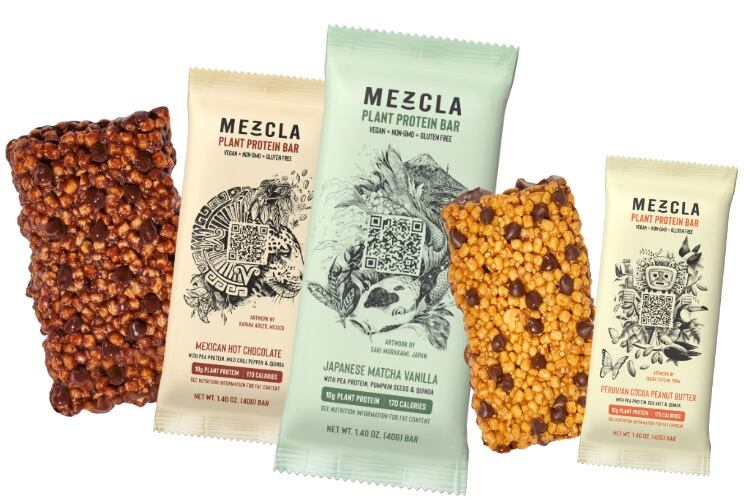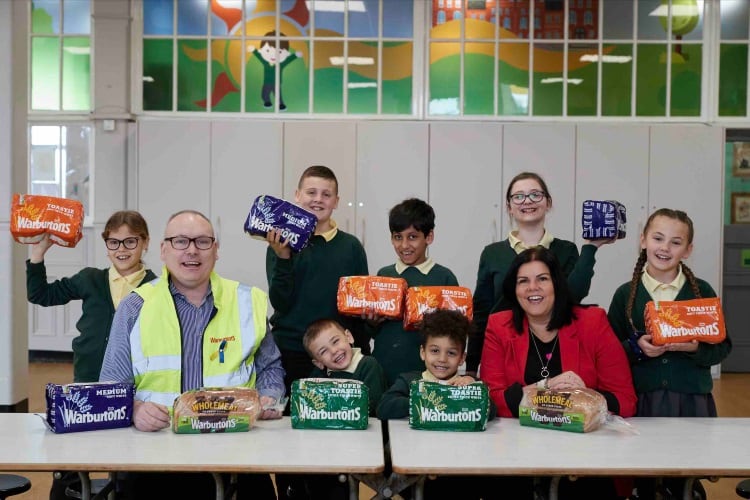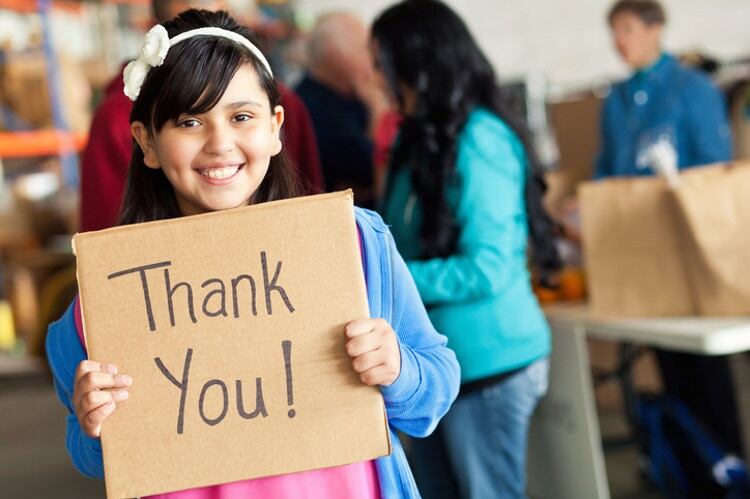Mezcla has made it a core aspect of its mission to give back to the communities from which it sources its ingredients, with a prime focus on fighting food insecurity.
For the next year, the New York-based better-for-you snack startup has pledged to donate a percent. To mark the partnership, Mezcla is also donating 100% of its online purchases to the global anti-hunger and anti-poverty non-profit.
“With a give back mission focused on fighting food insecurity around the world, there couldn’t have been a more perfect partnership than that with The Hunger Project,” said Mezcla.
“This is only the beginning for us on this mission to create better-for-you snacking that prioritises delivering invigorating flavours and textures.”
Celebrating variety
The snack producer is also on a mission to disrupt the traditional protein bar category and debuted with Puff-Crispy, which functions like a protein bar, but tastes like a rice crispy, with a texture developed from puffed pea protein.
As in its name – ‘mezcla’ is Spanish for 'mixture’ – the brand celebrates variety, especially in its flavours and packaging.
The bar comes in four variants, with ingredients highlighting a different region, such as Japanese Matcha Vanilla, Mexican Hot Chocolate, Peruvian Cocoa Peanut Butter and Canadian Maple Blueberry.
Mezcla said the ingredients are sourced from these countries to ensure the best quality, while also ensuring that its suppliers follow sustainable farming practices. The packaging, too, tells the story of provenance, each bar designed by a local artist.
Founded in 1977, The Hunger Project is a global non-profit working to end hunger and poverty through sustainable, community-led, women-centred strategies, active in 23 countries worldwide.
Made up of a coalition of individuals and organisations – including members in the US, Australia, Canada, Germany, Japan, The Netherlands, New Zealand, Sweden, Switzerland and the UK – The Hunger Project invests in 15,000 communities throughout Africa (Benin, Burkina Faso, Ethiopia, Ghana, Malawi, Mozambique, Senegal, Uganda and Zambia); South Asia (Bangladesh and India); and Latin America (Mexico and Peru).





